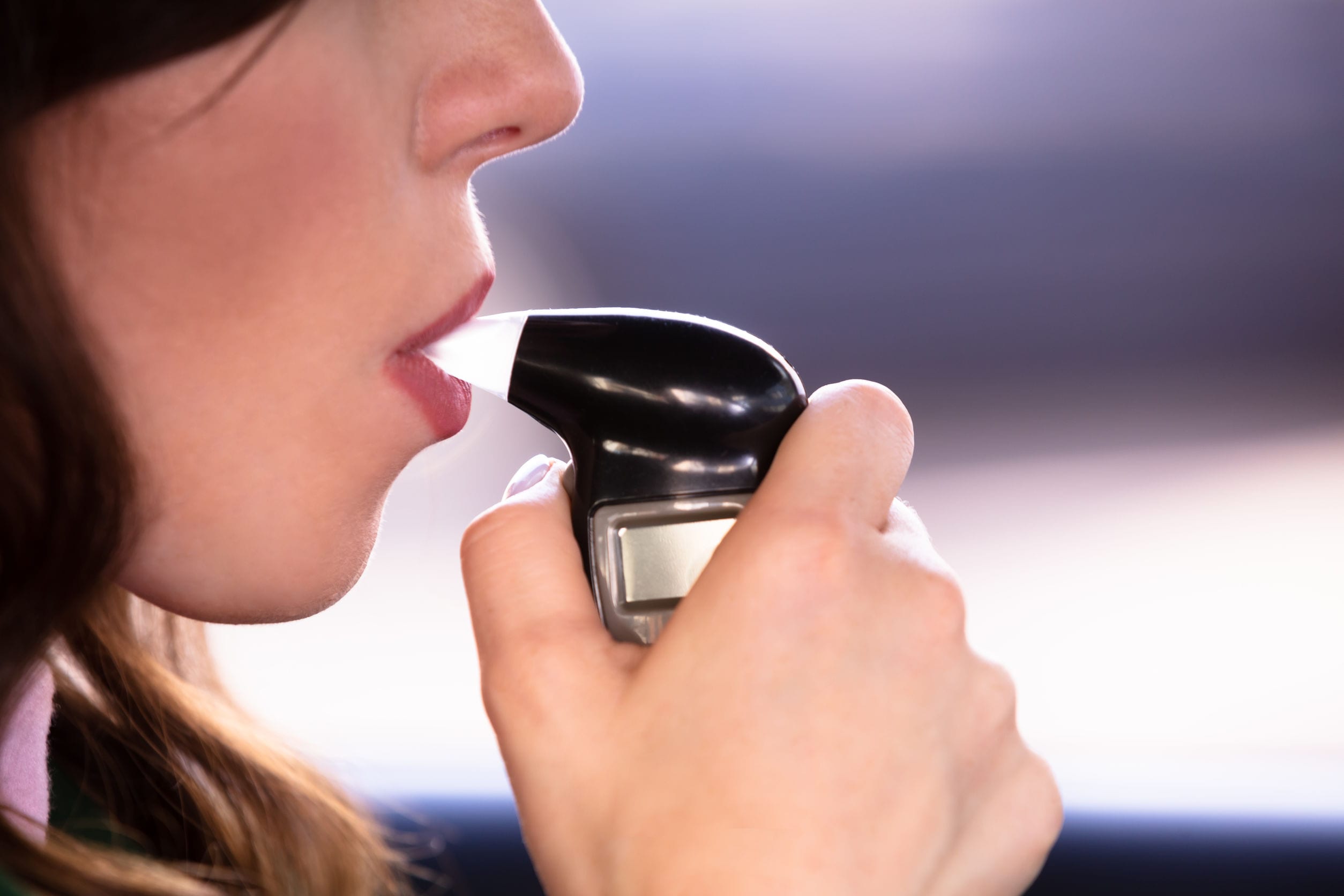- Home
- THE FIRM+
- Criminal Defense+
- CASE RESULTS
- AREAS WE SERVE+
- FAQ’s
- Blog
- Contact
AZHARI LLC BLOG
Nov. 20 2020
Do I Qualify for an Illinois DUI Monitoring Device?

Posted By: Sami Azhari
Category:
Imagine this: You are arrested for driving under the influence (DUI) in Illinois. You post bond and are allowed to leave jail, waiting to attend your court date. You have a flurry of paperwork with a lot of information you may have no clue about because it’s your first offense.
If convicted of a DUI in Illinois, you may have some serious consequences waiting for you. One of these consequences is the installation of a breath alcohol ignition interlock device, also called a BAIID.
This device is what allows you to drive when you need to do so during the period of time that your license is suspended. Under Illinois law, that can be for a period of 12 months for a first-time DUI offense.
What does this all mean? And what can you do about it? Read on to learn all you need to know about BAIIDs and DUI offenses in Illinois.
What Is a BAIID?
A BAIDD is a device that is attached to the ignition in your car. Before you can start the car, you must blow into the device to ensure your blood alcohol level is where it should be, which is 0.025 or lower (even though the legal limit in Illinois is 0.08).
The BAIID requires the driver of the vehicle to provide samples throughout the trip so that they cannot use someone else to help them start the car if they have actually been drinking.
Are You Eligible for a BAIID?
In order to get a BAIID, a judge has to enter an order for a Monitoring Device Driving Permit (MDDP).
This allows those with first-time DUI offenses to travel within the state as long as they either have the approval of the judge or the Secretary of State (SoS). The judge and SoS can approve you for a BAIID if you meet the proper criteria outlined below.
- A valid license
- A DUI arrest that did not result in the great bodily harm or death of another person
- No previous convictions for aggravated DUIs involving reckless homicide or death
- You are at least 18 years old
- You do not hold a Commercial Driver’s License
- You are considered a first-time DUI offender
If so, then the BAIID is installed in every vehicle that you intend to drive. From the day the MDDP is approved, you have 14 days to have the BAIID installed on your vehicle. Be aware that there is an installation fee for the BAIID that you are responsible for, as well as a monthly fee.
Other Punishments for DUIs in Illinois
In the state of Illinois, you can face many penalties depending on how many times you’ve been found guilty of DUI. Generally speaking, there are three levels of DUI penalties: first, second, and third (or more) offenses. Learn more about the first two here.
First Offense
As discussed, a BAIID can be installed on your car if you need to drive but only after a 30-day suspension. For this Class A misdemeanor, you also can face up to 12 months in jail and fines up to $2,500. Your license will be suspended for up to one year, you may have your vehicle registration suspended, and you can be required to complete up to 100 hours of community service.
Second Offense
This is also a Class A misdemeanor unless bodily harm was caused, in which case it can be a felony. You can face up to 12 months in jail or three years if charged with a felony. You also face fines up to $2,000 and a five-year suspension of your license.
The penalties only go up from there so the best course of action is to make sure you do not drive if you’ve been drinking.
About the Author
Sami Azhari has been working as a lawyer since 2007, after receiving his Juris Doctor from the Michigan State University College of Law. He has handled numerous state and federal cases and is known throughout the Chicago and Rolling Meadows area for providing his clients with high-quality, skilled representation. He has been recognized by Avvo (2013 and 2018), SuperLawyers (2015-2020), The National Trial Lawyers, and other notable organizations, and has spoken at a number of legal conferences.


























































